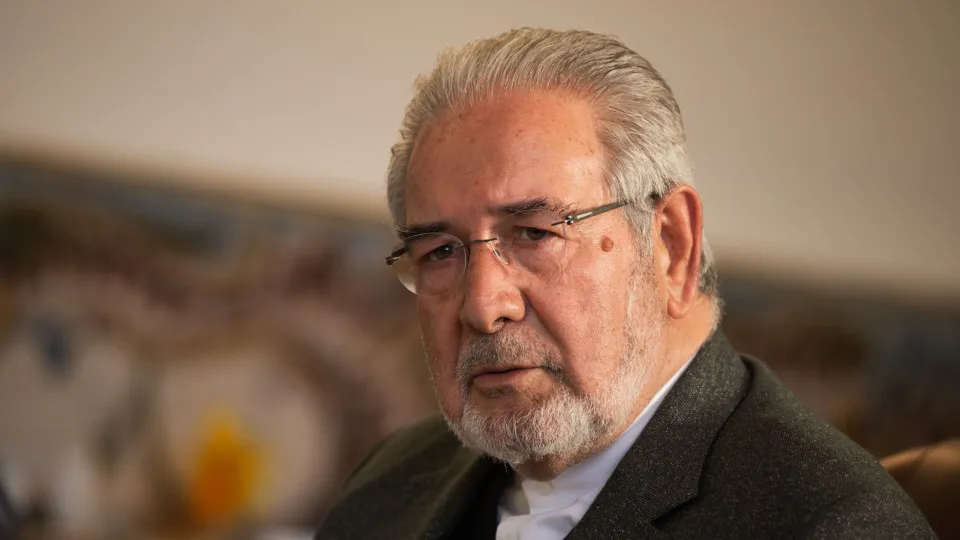
“We need to legislate task-based work in the SNS, which will now be for doctors, but will later include nurses and other professionals. Let me be very clear, it does not aim to penalize anyone. We [SNS] need everyone, everyone, everyone,” said the minister.
Ana Paula Martins was speaking to journalists on the sidelines of the inauguration of the Sapadores/Graça Health Unit in Lisbon, alongside the social-democratic president of that municipality, Carlos Moedas.
According to the Minister of Health, it is a regulation “of what are injustices” that have been committed.
“What it aims to do is create rules so that we are not giving the wrong incentives to those who want to stay working with us [in the SNS],” she said.
Avoiding further discussion on the subject, Ana Paula Martins noted that there will be “more news” after meeting with the unions and the OM “in the coming weeks.”
A preliminary version of the draft decree-law aiming to regulate service provisions indicates that the Ministry of Health argues that newly specialized doctors who do not apply to the SNS or refuse placement will not be allowed to work on a task basis in the public sector.
This will also apply to doctors who terminate contracts, refuse to do overtime beyond the mandatory legal obligations, or request early retirement, according to the consulted text.
Annually, around 213 million euros are spent on task-based work paid to doctors.
Last week, the president of the Portuguese Association of Hospital Administrators (APAH) suggested that the government should focus more on attracting newly specialized doctors to the SNS rather than merely defining incompatibilities.
“The discussion regarding the new legislation should not focus on the prohibition of hiring, but rather on the encouragement of hiring,” said Xavier Barreto, who advocated for a “broader vision on how it is possible to build a system that encourages young doctors to sign contracts with hospitals instead of working on a task basis.”
The newly inaugurated unit in the capital will provide healthcare to 15,200 residents of the Penha de França parish, resulting from an investment of about five million euros.




